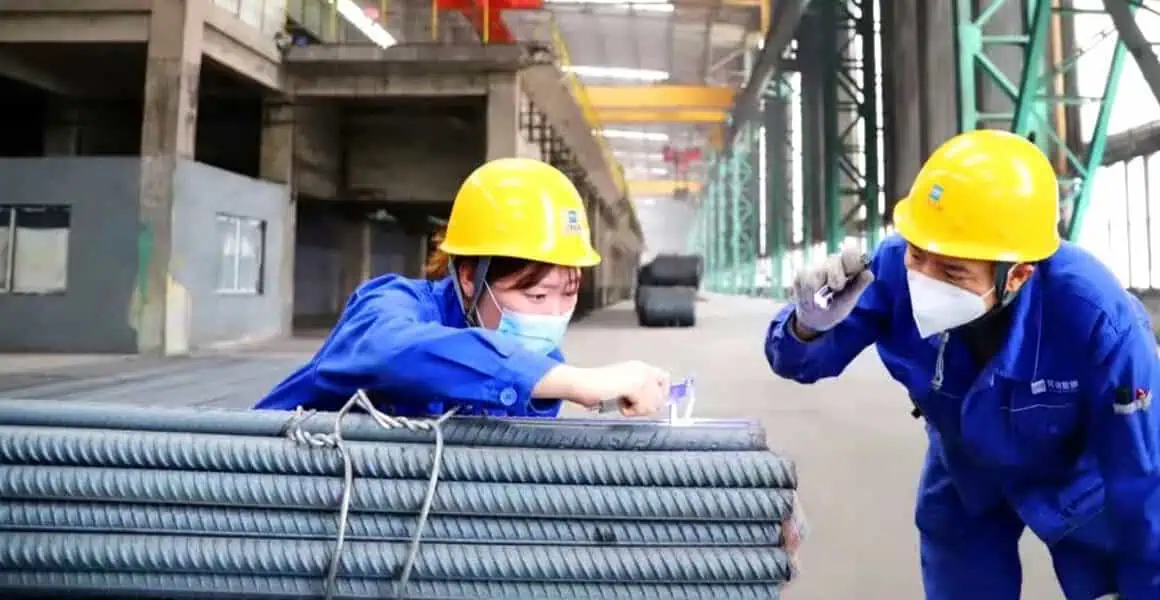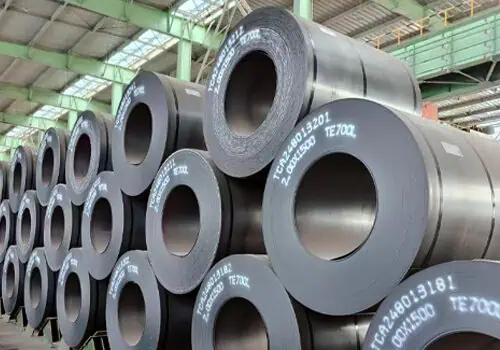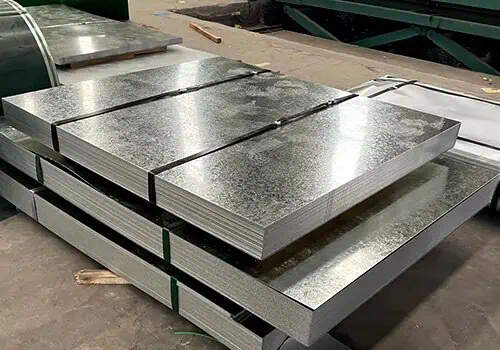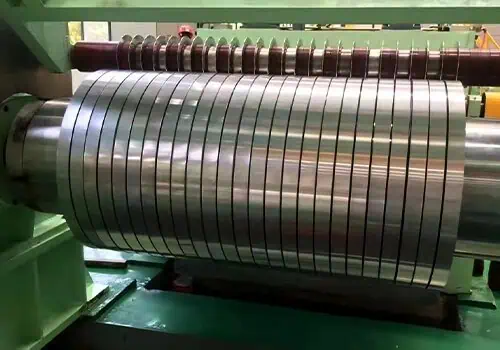Rust weakens steel structures silently, and you, as a buyer or builder, ask, well does rebar rust, and how do I stop it before it’s too late?
SÌ, armatore rusts due to exposure to moisture, oxygen, and chloride. This weakens structures over time. Preventive solutions include galvanized rebar, epoxy coating, stainless steel alternatives, and proper concrete coverage.
Let’s look at why it rusts, what you can do to prevent it, and what kinds of rebar options you have today that are resistant to rust.
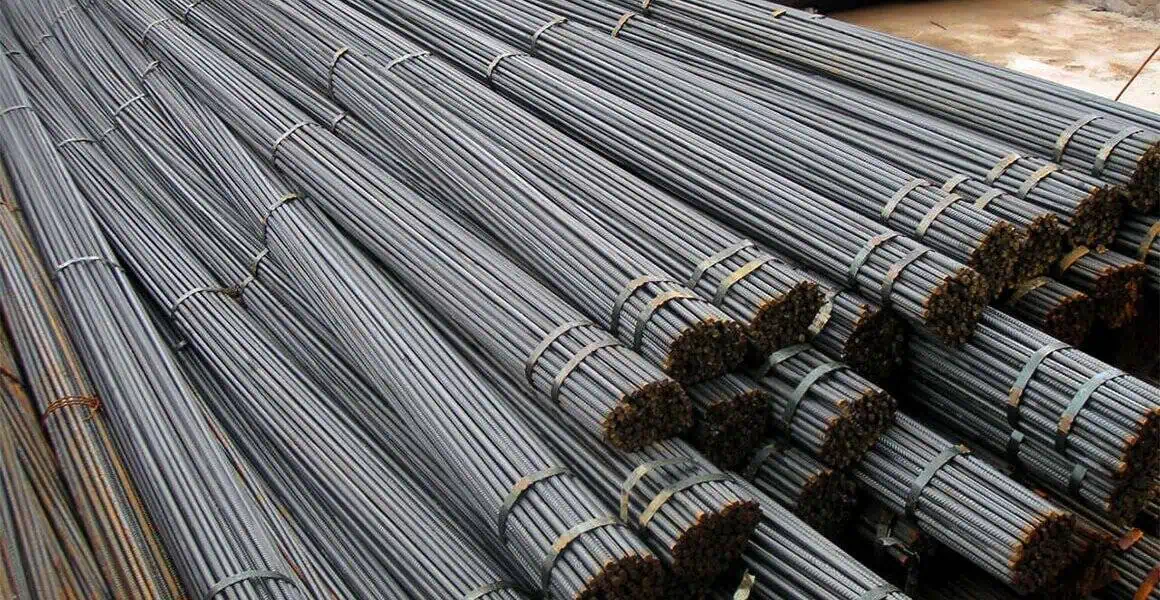
Does Rebar Rust?
Rebar, or reinforcing bar, which we all know is key to our modern concrete buildings, helps concrete to take on strength. Tuttavia, rebar rust is a silent killer. When moisture, oxygen, and chloride ions break through the concrete, your rebar begins to rust, setting in motion a deteriorating sequence that ends with cracks, structural failure, and worse. The problem of rusting rebar in concrete is especially acute in marine environments, bridges, and buildings where maintenance is, or has been, lacking. Understanding how to deal with rusty rebar can make all the difference in the world when it comes to durability.
Why Does Rebar Rust In The First Place?
Rebar, primarily made of carbon steel, rusts if it gets wet and is exposed to air. Concrete typically is an alkaline environment that helps protect the steel reinforcing bars, but if chloride ions from sea salt or de-icing salts (think of those used on roads) get to the steel, they rapidly break down that protection.
This triggers the corrosion of rebars in concrete, turning rebar into rust that then expands and cracks the concrete around it. These cracks help more water get to the rebar, accelerating the corrosion process. That’s why treatment for rusty armatore rarely stops with just removing the rust. You need to address the cause—chloride penetration and poor concrete in most cases.
COSÌ, if you’re an engineer, what do you do? You select the right material like galvanized rebar or epoxy-coated rebar, particularly in high-exposure areas. Choosing the right rebar rust inhibitor and rebar alternative upfront can save you a lot of problems later on.
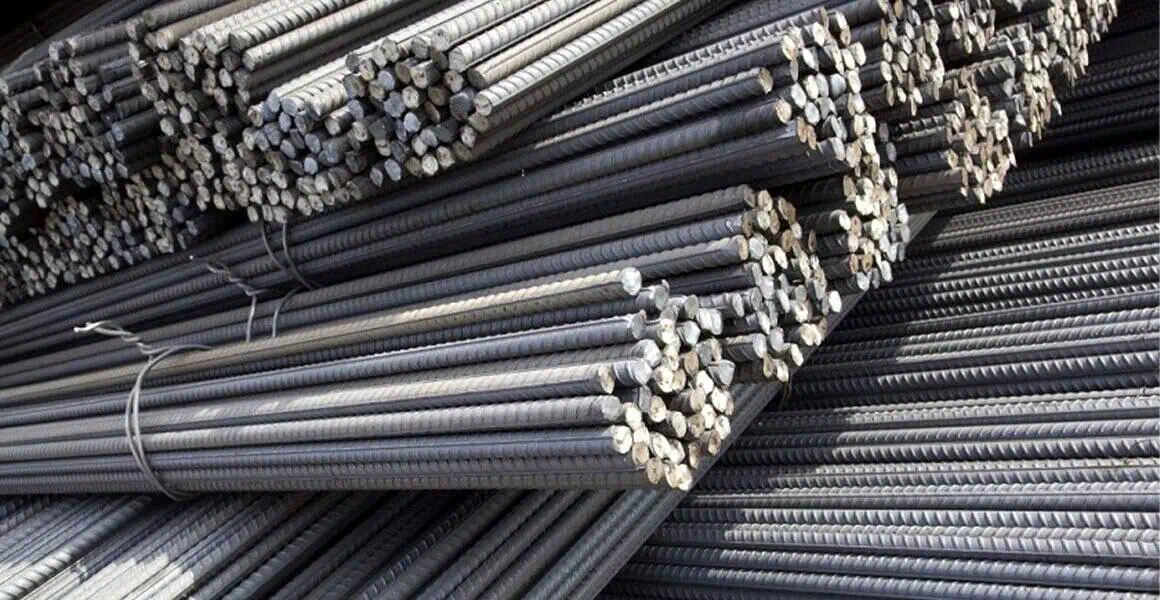
How Does Rust Affect Reinforced Concrete Structures?
It’s more than just ugly. Rust expands, which puts pressure on the concrete. The pressure leads to surface cracks, delamination (when layers of concrete separate), and spalling (when chunks of concrete break away). From there, it’s a matter of losing integrity. That’s scary under any circumstances, but it’s especially troubling when you’re talking about beams and columns.
The steel reinforcement mesh that once held the concrete snugly in place becomes a problem. As rebar rusts, it expands. This expansion then pushes outward, cracking the concrete from within. That’s a big problem. And it’s why finding corroded rebar early is so important when it comes to the maintenance of critical infrastructure.
Proper use of protective layers, rebar coupling systems, and adequate concrete cover in design and construction helps prevent rebar from rusting in concrete over the long haul.
What Types Of Rebar Are More Rust-Resistant?
Today’s market offers various rust proof rebar types. Common options include:
- Epoxy coated rebar: Affordable and widely used, especially for inland applications.
- Galvanized rebar: Zinc-coated to act as a sacrificial barrier.
- Stainless steel rebar: Best corrosion resistance but highest cost.
The type you choose will also determine the long-term payout. Epoxy coated rebar is cost effective if it’s only going to see the light of day in places like parking garages or basements. If it’s going to be hauled over hill and dale to your site, you might find yourself with some chipping. Galvanized rebar might be fine if you’re putting a wastewater plant in an area where the rebar is going to be sea salt free. If you really need long-term protection, you’re looking at stainless steel reinforcing steel in coastal and industrial zones.
As with anything construction, look not just at the price of the product, but at the cost of using the product and then maintaining the product.
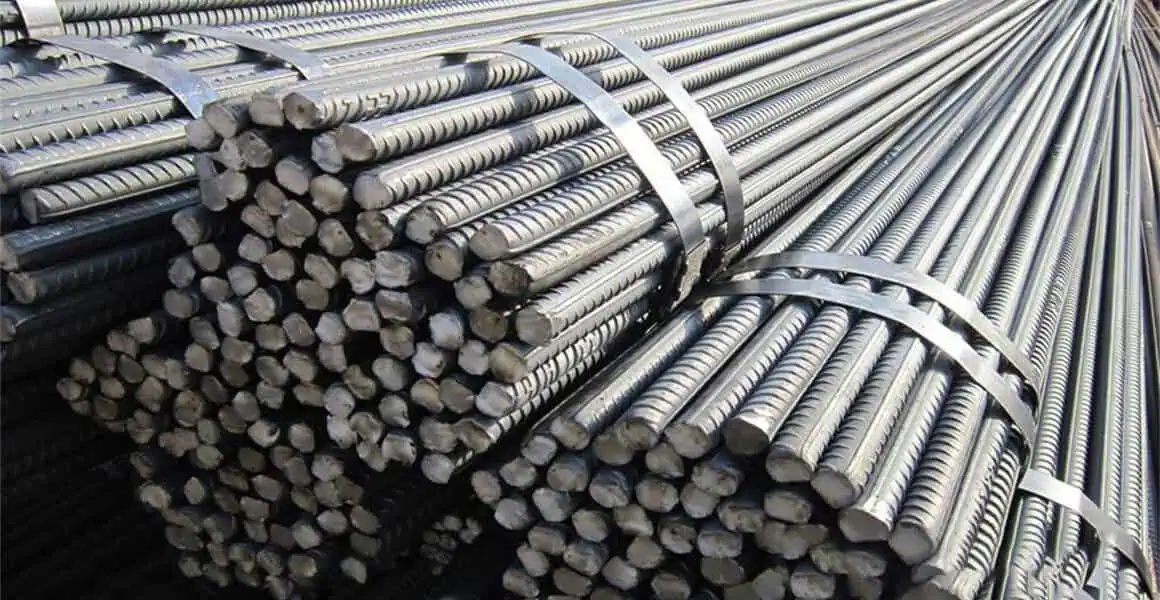
Can Galvanized Rebar Prevent Rust Completely?
Galvanized rebar works by having a zinc coating that corrodes first before the steel. It does not mean that the rebar is not going to corrode; it means that the galvanized rebar is taking longer to corrode than a standard black rebar. Galvanized rebar is perfect for projects where you know you are going to have them in high moisture areas such as swimming pools, tunnels, or marine piers. The problem with it is that if you cut it or handle it incorrectly, damaging the zinc layer, the rebar will begin to rust just like any other regular rebar.
You could also look at using a rebar rust inhibitor spray once it’s installed, or coupling rebar connections can also help increase the lifespan of the rebar in these applications.
Is Stainless Steel Rebar Worth The Higher Cost?
SÌ, in critical infrastructure, you would. Stainless steel rebar is pretty expensive but provides outstanding corrosion resistance. It is great for very corrosive environments, such as underwater tunnels, chemical plants, coastal bridges, or things like that.
With the extended service life, you end up getting fewer repairs and replacements over the years. A lot of times when people look at the price, they are not looking at the life cycle cost. While steel is being reinforced and protected from moisture and corrosion, the reinforced steel is saving you money over decades. Therefore, it is unfair to look at the price of reinforcement steel without taking into account the savings over the life of the structure.
If you’ve got a project where safety and longevity are imperative, stainless steel is the way to go. It fights off the chloride attack. You don’t have to coat it. You put in stainless steel rebar for that retaining wall or the foundation of your house, and you’re good for a couple generations.
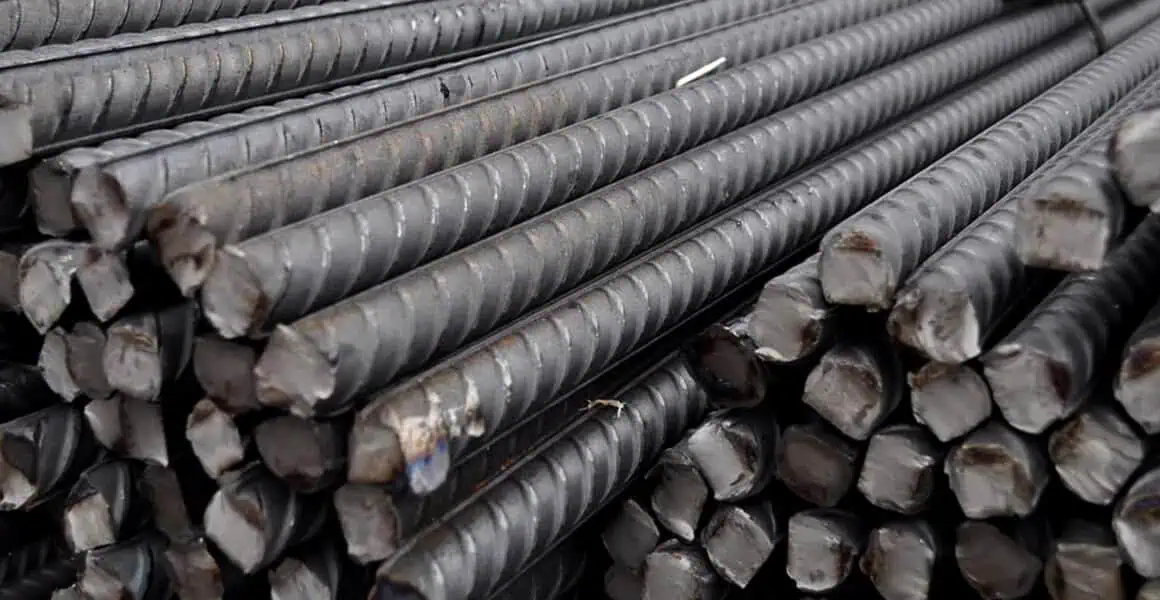
How To Prevent Rebar Rusting In Construction Projects?
Prevention starts with sourcing from reliable steel reinforcement suppliers. Store rebar off the ground and cover it from rain. Avoid delays between placing rebar and pouring concrete.
Consider corrosion-resistant types such as epoxy coated rebar, apply a armatore rust inhibitor, and confirm proper concrete mix and cover. Slight rust before concrete pour may not be a problem, but heavy rust or flaking should be cleaned or removed.
In high-risk areas, consider cathodic protection or coated rebar systems. Per esempio, rebar for slab on grade near the ocean where the water table is high mandates higher standards than indoor applications such as rebar for stairs.
Will Rebar Rust If Painted?
Painting will provide a temporary barrier, but it’s not 100% effective. Unlike epoxy coated rebar, regular paint will chip off when you bend the rebar or handle it. At that point, you’ve exposed the steel to moisture again. Now, if you’re pouring right away and the rods will be exposed to the elements for only a short period, that may not be as much of a concern. Tuttavia, if you’re going to be storing or transporting painted rebar, you’d better plan on doing some inspecting when it comes time to use it.
The best practice when it comes to painting rebar is to use epoxy coated rebar. Now, if for some reason you are going to paint it, use a proper primer and apply multiple coats to get the uniform protection you’re looking for.
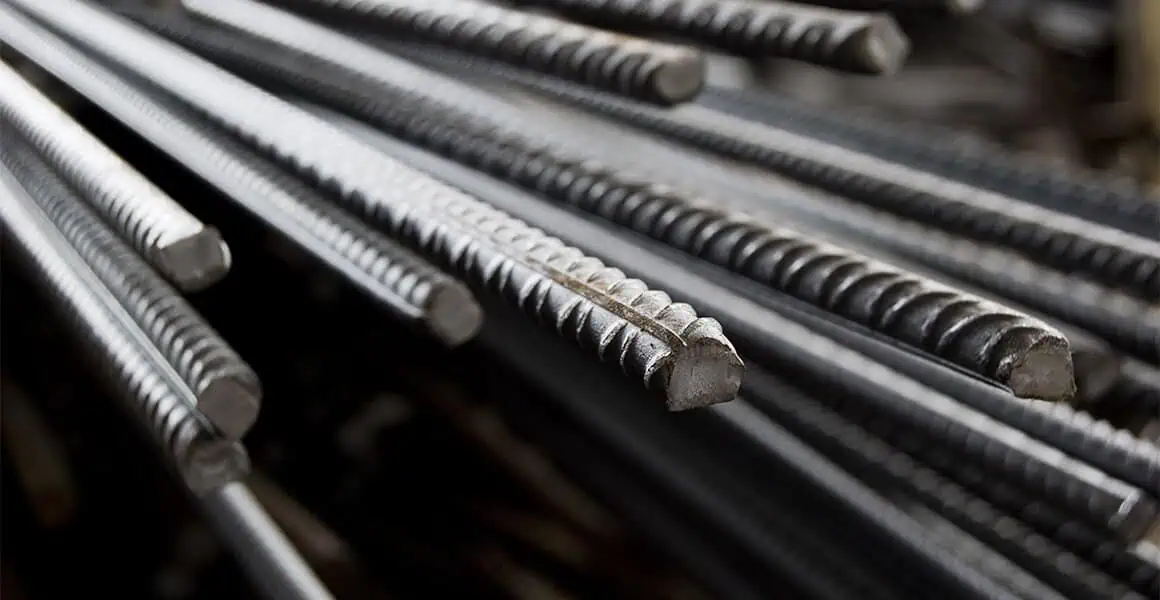
What Is The Lifespan Of Rebar?
In typical applications, standard rebar will last from 20 A 50 anni. With the use of galvanized or epoxy coated rebar, that lifespan gets extended to 50 A 75 anni. Stainless steel rebar may last in excess of 100 years with little to no corrosion.
The lifespan is based on design, installation, environment, and maintenance. Per esempio, the rebar you use for your concrete slab in a dry basement probably is going to last longer than the concrete reinforcing steel mesh on a bridge on a highway. I mean, there are a number of things you have to look at. You really need to match your rebar type with your project location and your lifespan expectations. If you do this, you’re going to get years, if not decades, of good structural support out of the reinforced concrete rebar you put in.
Riepilogo
Choose the right rebar, protect it properly, and build to last—avoid rust-related failures in your concrete projects.

